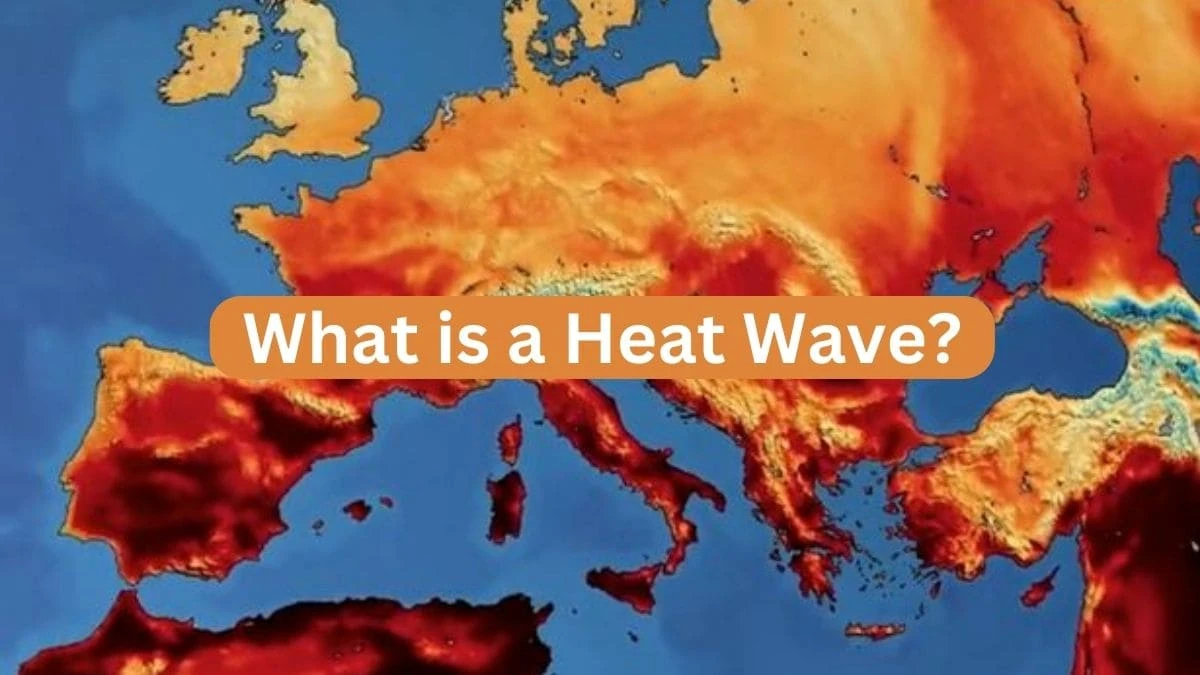Europe faces intensifying and more frequent heatwaves

Stay tuned with 24 News HD Android App

Sizzling temperatures, such as those recorded on Monday in France, are a sign of the growing number of heatwaves in Europe, a direct consequence of global warming.
Emissions of greenhouse gases increase the intensity and duration of heatwaves particularly in Europe, which according to the World Meteorological Organization is the region of the world which is heating up most quickly.
AFP takes a look at the biggest heatwaves to have hit Europe since the beginning of the 21st century.
2024: record July for Greece
Europe in 2024 lived through its second hottest ever month of July.
Greece recorded its hottest July since 1960, according to preliminary meteorological data.
Italy, in the midst of one of its worst droughts in half a century, also went through scorching temperatures.
A thousand Croatian islands with their idyllic beaches in the Adriatic had daytime temperatures of almost 40 degrees Celsius -- as did much of Spain and the south of France.
2023: peaks in July, late August
In mid-July Europe was hit by a heatwave, particularly around the Mediterranean including in Greece where major fires broke out and Italy, where the mercury hit 44C on July 18 in Sicily.
The European Climate Change Observatory Copernicus said that at the height of the heatwave in July, 41 percent of southern Europe was affected by a "strong thermic stress with health consequences."
In late August temperatures again hit highs in southern Europe, with 43C recorded on August 23 at drought-stricken Zaragoza in Spain.
2022: early heatwave and forest fires
An extreme heatwave, early in the season hit southern and central Europe in mid-June. Peaks of 42-43C were recorded in France while records for the month of June were beaten in Austria and Germany.
A new heatwave hit western Europe in July, especially in Spain and France, which also saw devastating forest fires.
In the United Kingdom, the mercury crossed 40C for the first time on record.
The summer of 2022 was the hottest on record in Europe, according to Copernicus.
A French-Spanish study by institutes Inserm and ISGlobal estimated that more than 60,000 people died across 35 European countries due to the heat that summer.
2021: Greece and Spain
From late July to early August 2021 Greece experienced an intense heatwave, which the government said was the worst since 1987, with temperatures approaching 45C.
Between August 11-16, Spain also lived through 45 degrees Celsius in Andalusia and Murcia in the south.
2019: two record heatwaves
Europe sweated through two heatwaves during the summer of 2019, in late June and the second half of July.
France struck its absolute record on June 28 in Verargues in the south at 46C.
On July 24-25 the Netherlands, Belgium, Germany and the United Kingdom also recorded record temperatures.
2018: heat, drought, fires
The second half of July and beginning of August of 2018 were very hot and also saw a severe drought which depleted European water resources like the Danube river and resulted in major forest fires in Portugal and Spain.
2017: fires, extreme temperatures
Europe went through several heatwaves from late June to the first half of August, especially in the south. A persistent drought stoked sometimes deadly forest fires in Portugal.
Spain recorded high temperatures of up to 46.9C at Cordoba in the south on July 13.
2015: early heatwave
Heatwaves descended on Europe early in the season from late June. England recorded a peak of 36.7C in early July.
2007: central and southern Europe
A lengthy hot and dry spell descended on central and southern Europe from late June to end July. Hungary saw 500 deaths related to the conditions, while Italy, then Macedonia and Serbia suffered many forest fires.
2003: thousands dead
Western Europe especially France, Italy, Spain and Portugal experienced exceptional temperatures in August.
On August 1, Portugal recorded a record temperature of 47.3C at Amareleja in the south.
Scientists estimated the deaths at 70,000 in 16 European countries over the summer of 2003 due to the heat, mainly in France and Italy.
Several countries established early-warning alarm systems as a result.
